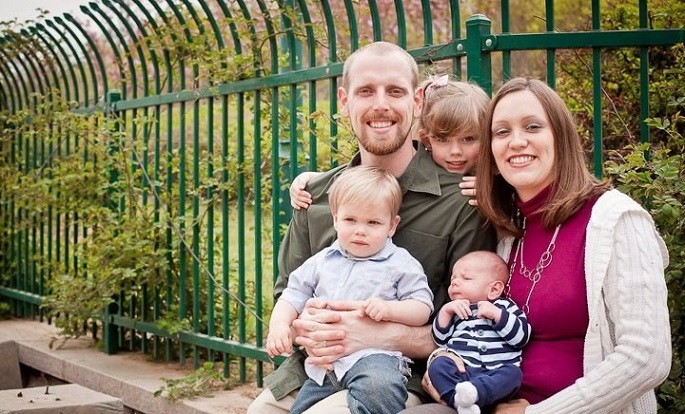The trials motherhood brings can be daunting, but the real challenge already builds up at the start of one’s pregnancy.
For someone who will give birth in a foreign land, double the level of that challenge.
Pregnant foreigners in China, together with their hubbies, of course, face a series of challenges: from the choice of hospitals to communication problems to insurance concerns and even culture shock.
The owner of the site China Expats offers two pieces of advice: “Decide well in advance where the baby will be born; it matters a great deal later.” And get insured.
The owner said that local insurance costs far less than those offered by foreign firms.
Health insurance experts at Expatmedicare.com said, “Shanghai’s healthcare infrastructure is better compared to the second and third-tier cities.”
Many international hospitals and clinics exist in Shanghai. These hospitals “offer modern medical equipment and hygienic environment,” according to Expatmedicare.com.
The site added that both the Western doctors and the English-speaking Chinese doctors and staff who will attend to one’s needs are “well-trained” and “sensitive to the cultural differences thus having better bedside manners.”
For admission in local hospitals, it said that getting the services of a translator would be practical.
Some doctors at Guang Ci Memorial Hospital in Ruijin 2nd Road and Huashan Hospital in Changning can speak other foreign language aside from English such as Japanese and French.
Some international health insurance companies recognize these two hospitals.
For those policy holders of local Chinese health insurance, they can settle their insurance claim at a later time because some hospitals would require them to pay first, explained Expatmedicare.com.
A couple of expats found their childbirth experience in the country to be good, according to the Global Times.
Beijing-based American Lauren Williamson, married to a British, initially entertained the thought of flying back to their real home to give birth. They have been staying in the country for more than five years.
After they talked about it, they decided to have their baby delivered in Beijing.
Williamson said that she liked the services rendered by the Beijing United Family Hospital and expressed satisfaction with her experience of giving birth in China.
She also appreciated the country for being a “really baby-centered culture.”
Jacquelyn Carman, who resided in the country from 2004-2011, said that cash is king when giving birth in the country because majority of the hospitals would require a cash deposit.
She experienced giving birth at American-Sino Ob/Gyn Hospital in Chaoyang in 2009 and at the Qingdao Women and Infant’s Hospital in 2011 in Shinan.
She shares her personal experiences as an expat at HavingababyinChina.com.



























